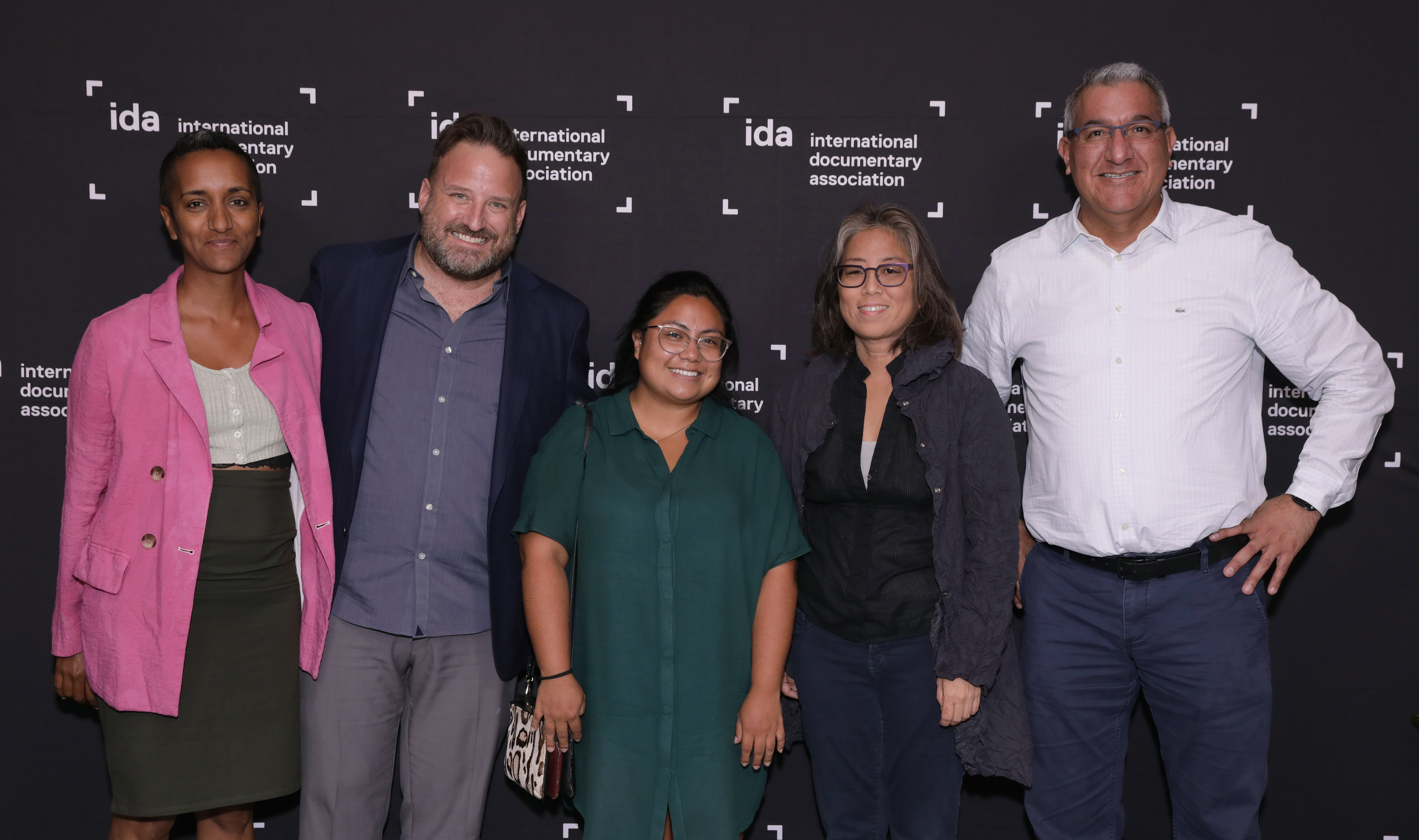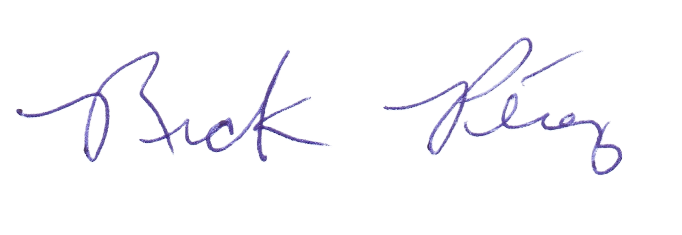 Dear Documentary Community,
Dear Documentary Community,
In 2014 I participated in a “Here’s What Really Happened” session at IDA’s first Getting Real Conference. I was invited by then IDA Executive Director Michael Lumpkin and former IDA Director of Education Ken Jacobson to share in a confidential setting what challenges producer Molly O’Brien and I had raising money and completing our feature documentary project Cesar’s Last Fast.
The experience was cathartic. Molly and I could barely contain the frustrations we had experienced securing the support to complete the film—even after the film was invited to premiere in the US Competition at Sundance. The session at Getting Real, restricted to fellow filmmakers, reflected the unique nature of this conference: a forum unlike any in the field, where members of the documentary community courageously examine issues that are vital to ensuring a thriving documentary culture.
Since then, Getting Real has evolved into a unique convening where documentary filmmakers and industry professionals forge lasting relationships, share inspiring ideas, and participate in constructive conversations facing our field. Notable outcomes include the genesis of the Asian American Documentary Network (A-Doc), FWD-Doc: Documentary Filmmakers with Disabilities, the Undocumented Filmmakers Collective, and the Documentary Producers Alliance.
Now, as we approach Getting Real ‘22, we recognize the documentary field is undergoing seismic shifts. Concurrently, IDA is experiencing a profound transition that has prompted for me a necessary period of self-reflection. On my watch, too many staffers who worked to establish the present-day IDA resigned. I humbly admit that I struggled to manage the impact these resignations have had on the well-being of the organization. As the ED, I have much to learn. This includes fully acknowledging and addressing the painful reverberations that continue in our community.
As part of this work, IDA’s current staff, the organization’s board of directors and I are embracing the opportunity that Getting Real ‘22 presents by programming a series of sessions to support community healing. They include “A Conversation about Accountability and Communication,” where IDA Board Co-Presidents Grace Lee, Chris Pérez and I will discuss the organization's plan to better serve the documentary field in the aftermath of the resignations. The plan will introduce opportunities for one-on-one listening sessions with me in the months following Getting Real. Another session, “Collateral Damage in Institutional Repair,” will examine how institutions restore reputations and resume activities after a period of internal turmoil. We will hear from former staff of these organizations, who have been directly affected by this process, to see what reverberations remain.
Many community members have asked what I have learned from this period. Upon reflection, I now recognize that my passion can be read as opposition to some. So I am learning to listen more deeply and patiently. I also now understand the fragility of an organization whose staff does not feel fully supported when that organization is confronting a crisis. And as a leader, it’s my responsibility to model behavior that reflects our community’s best and most compassionate values. IDA is a 40-year-old organization. At Getting Real, I invite all members of our community to share your concerns with IDA and me, and sign up for the one-on-one listening sessions in the weeks and months after the conference. I am committed to the necessary dialogue for IDA to continue to serve the documentary field for at least another 40 years.
Respectfully,





